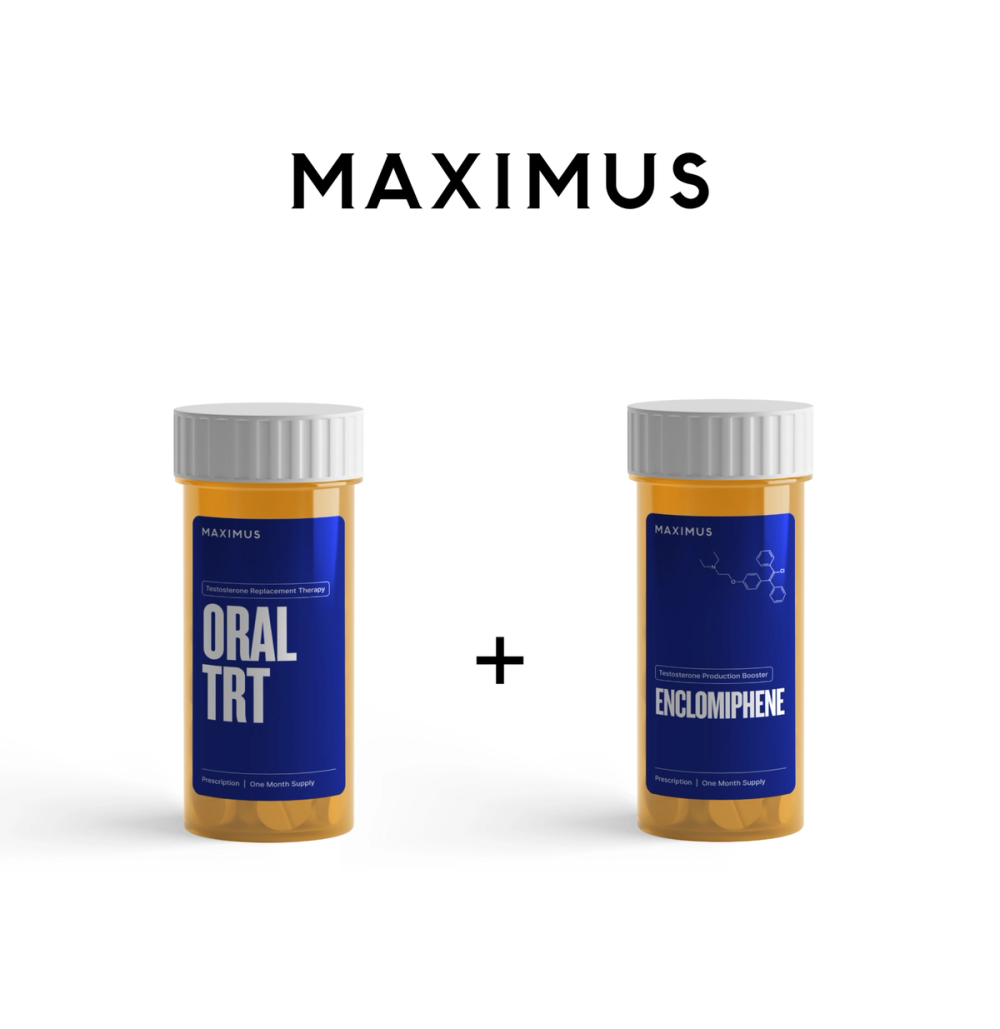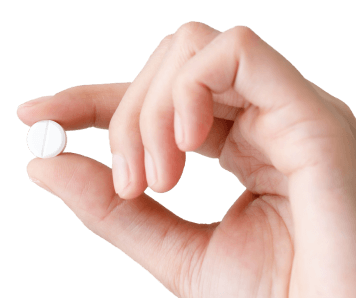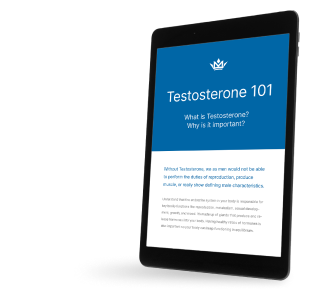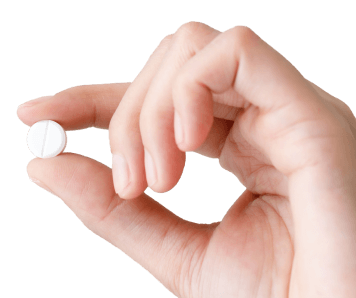Semaglutide, the drug best known for its effectiveness in weight loss and diabetes management, may have another surprising benefit: reducing alcohol consumption and cravings.
A recent randomized clinical trial conducted at UNC-Chapel Hill found that individuals taking low-dose semaglutide drank less alcohol and experienced reduced cravings — without actively trying to cut back.
This discovery could have important implications for alcohol use disorder (AUD), an often overlooked condition with few available treatment options.
Let’s explore what the study found and what it could mean for those looking to moderate their alcohol intake.
The Study: Can Semaglutide Impact Drinking Habits?
The study, Once-Weekly Semaglutide in Adults With Alcohol Use Disorder, published in JAMA Psychiatry, followed 48 adults with AUD who were not seeking treatment or actively attempting to reduce their drinking. Participants were randomly assigned to receive either semaglutide or a placebo over the course of nine weeks.
Researchers monitored participants in two ways:
- Self-reported weekly alcohol consumption and cravings.
- A controlled laboratory drinking session to assess alcohol intake and behavior in a clinical setting.
The semaglutide group started at a low dose of 0.25 mg per week, increasing to 0.5 mg per week over time, with some moving up to a 1.0 mg dose for the final week — significantly lower than the 2.4 mg dose used for weight loss.
Key Findings: Does Semaglutide Reduce Alcohol Intake?
The results suggest that semaglutide had a meaningful impact on alcohol consumption and cravings, even in individuals who were not actively trying to cut back.
- Reduced alcohol consumption – Participants on semaglutide drank fewer drinks per drinking day and had fewer heavy drinking days compared to those in the placebo group.
- Lower alcohol cravings – The semaglutide group reported a significant reduction in alcohol cravings throughout the study period.
- A surprising effect on smoking – Among participants who also smoked, those on semaglutide reported a greater decline in cigarette use compared to the placebo group.
- Weight loss as expected – As anticipated, semaglutide users lost around 5% of their body weight, reinforcing its well-documented role in weight management.
It’s worth noting that semaglutide did not eliminate alcohol use entirely, nor did it significantly impact the number of drinking days overall. Instead, the drug appeared to reduce excessive drinking and the desire to consume alcohol.
Why This Matters
Alcohol use disorder (AUD) is one of the most under-treated medical conditions in the U.S. Despite its association with liver disease, cardiovascular risk, and cancer, less than 10% of individuals with AUD seek treatment, and less than 2% receive medication to help manage it.
There are currently only three FDA-approved medications for alcohol dependence — disulfiram, naltrexone, and acamprosate — all of which are underutilized. Meanwhile, semaglutide has already gained mainstream acceptance for diabetes and weight loss, meaning it could bypass traditional barriers to adoption for treating alcohol dependence.
If future research confirms these findings, semaglutide and other glucagon-like peptide-1 (GLP-1) receptor agonists could represent a promising advancement in alcohol treatment — among the most significant in decades.
How Does Semaglutide Influence Alcohol Consumption?
The exact mechanisms by which semaglutide reduces alcohol consumption are not yet fully understood, but researchers have a few compelling theories:
- Neurochemical impact – Semaglutide activates GLP-1 receptors, which is involved in many different brain pathways, including those related to appetite regulation and addiction. It may help reduce the reinforcing effects of alcohol, making drinking less appealing.
- Changes in reward processing – Many individuals on semaglutide report reduced cravings for food and alcohol. Some researchers believe the medication may dampen dopamine-driven reward responses, leading to lower alcohol intake.
- Reduced impulsivity – Research indicates that GLP-1 receptor agonists can increase feelings of satiety and control. This effect may extend beyond food intake to alcohol consumption and other addictions.
These biological mechanisms may explain why some individuals taking semaglutide for reasons unrelated to alcohol — such as diabetes or weight management — report an unexpected decrease in alcohol consumption.
What Does This Mean for You?
If you’re someone who enjoys alcohol but has started thinking more about moderation and long-term health — especially if you have alcohol use disorder — these findings may be particularly relevant. While semaglutide isn’t currently approved for alcohol use disorder, this research suggests it could be a valuable tool for those looking to reduce excessive drinking without a forced, all-or-nothing approach.
However, there are some important considerations:
- This was a small, early-phase study – The study followed only 48 participants for a limited nine-week period at relatively low doses. Larger, longer-term studies with a broader population are needed to determine how effective semaglutide is for alcohol reduction, including at higher doses.
- Semaglutide has side effects – Common side effects include nausea, vomiting, fatigue, and gastrointestinal issues. It’s not a risk-free intervention.
- The long-term impact is unknown – While semaglutide reduced alcohol consumption in this short-term trial, we don’t yet know if those effects persist over months or years.
That said, these findings are exciting — especially for anyone who may be reevaluating their drinking habits as part of a broader health strategy.
A New Era for Alcohol Treatment?
The implications of this study extend far beyond alcohol use disorder. If semaglutide and similar drugs can modulate reward-seeking behavior, they may have broader applications in treating addiction, impulse control disorders, and other compulsive behaviors.
For now, if you’re taking semaglutide for weight loss or diabetes, and you’ve noticed a natural reduction in your desire for alcohol, you’re not alone. The science is catching up to what many have already observed anecdotally.
As researchers continue to explore this connection, we may soon have a new and more widely accepted approach to reducing excessive drinking — one that fits seamlessly into modern healthcare and doesn’t require individuals to seek specialized addiction treatment.








